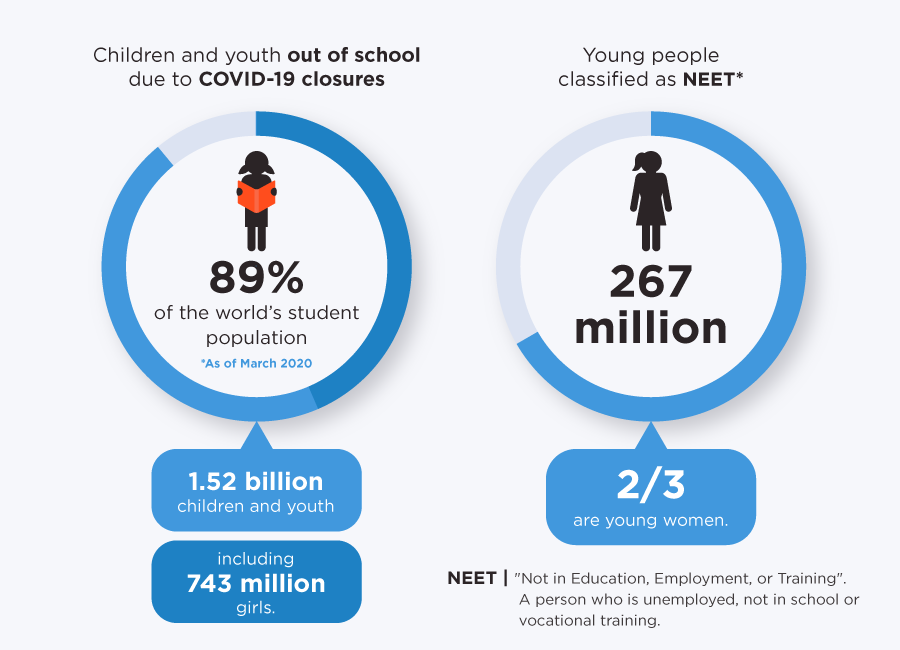Vidya Sethuraman
India Post News Service
Ethnic Media Services videoconference on The Shadow Pandemic – COVID-19’s Impact on Women was conducted on May 22, 2020. Experts presented and discussed a UN Women Report that explains how the crisis has exacerbated gender inequality, discussed the history of women and pandemics and tracked the rise of domestic violence and impact on key women issues going forward. The coronavirus pandemic affects women’s health in a multitude of ways. In addition to the threat to women’s physical health, COVID-19 and its ramifications are creating burdens on women that negatively influence their mental, emotional, social, and financial health as well.
Tung Nguyen, UCSF Health Division of General Internal Medicine gave the overall update on the pandemic. As of May 21, there are over 5 million people diagnosed with covid 19 and new infections have plateaued. As the pandemic progresses, the disparities in impacts on minority communities have become even starker. “We have to keep making the dual point, that minorities are at the front line of this fight, whether in healthcare or food delivery and production. You can name all the essential fields and minorities staff quite a few of them,” Nguyen said. UCSF has partnered with a designer/engineer to create a credible source of information about the coronavirus and released a website www.covid19factcheck.com.
Beatrice Duncan, Rule of Law, UN Women spoke on the impact of the pandemic on Women’s safety. The report documents emerging challenges and pre-existing gender justice gaps that have been exacerbated by the pandemic – not least an alarming upsurge in domestic violence after lockdowns were announced. Estimates suggest that roughly 2.73 billion women around the world live in countries where stay-at-home orders are in place, which sharply heightens the risk of intimate partner violence. Many countries have adopted several measures for the Women to report the violence. The pandemic is making our gender disparities abundantly clear, reinforces them but also shows us how they can be rectified by policy action.
The IWPR analysis noted women’s job losses were greater than men’s in almost all sectors of the economy. “The biggest factor is that women are more likely to be concentrated in the service sector,” which has been particularly hard hit, said C. Nicole Mason, president and CEO of the Institute for Women’s Policy Research (IWPR). And with schools closed and day care centers struggling to stay open, the burden of childcare typically falls on women. They “have a difficult choice” of continuing to earn or caring for their family. IWPR notes women’s job losses will be devastating for families, particularly those where women are the primary breadwinners, or those headed by single mothers.
Throughout the world, women are responsible for most of the unpaid Housework and caregiving, in addition to being engaged in paid employment. This unequal distribution of labor affects women’s economic opportunities, resting time and bargaining power. COVID-19 is increasing the time that needs to be spent on housework and caregiving, and women are the most likely to bear this burden, said Estela Rivero Notre Dame’s Pulte Institute for Global Development.
Across every sphere, from health to the economy, security to social protection, the impacts of COVID-19 are exacerbated for women and girls simply by virtue of their sex. Although so many women are working on the COVID-19 frontlines, women, therefore, have little say in the policy measures put in place to address the crisis.
As a result, in the long-run women’s psychological well-being might be affected even more adversely than men’s from financial and emotional stress, combined with physical violence. We must, therefore, have flexible policy tools to address women’s concerns as the effects of the health crisis evolve over time.







